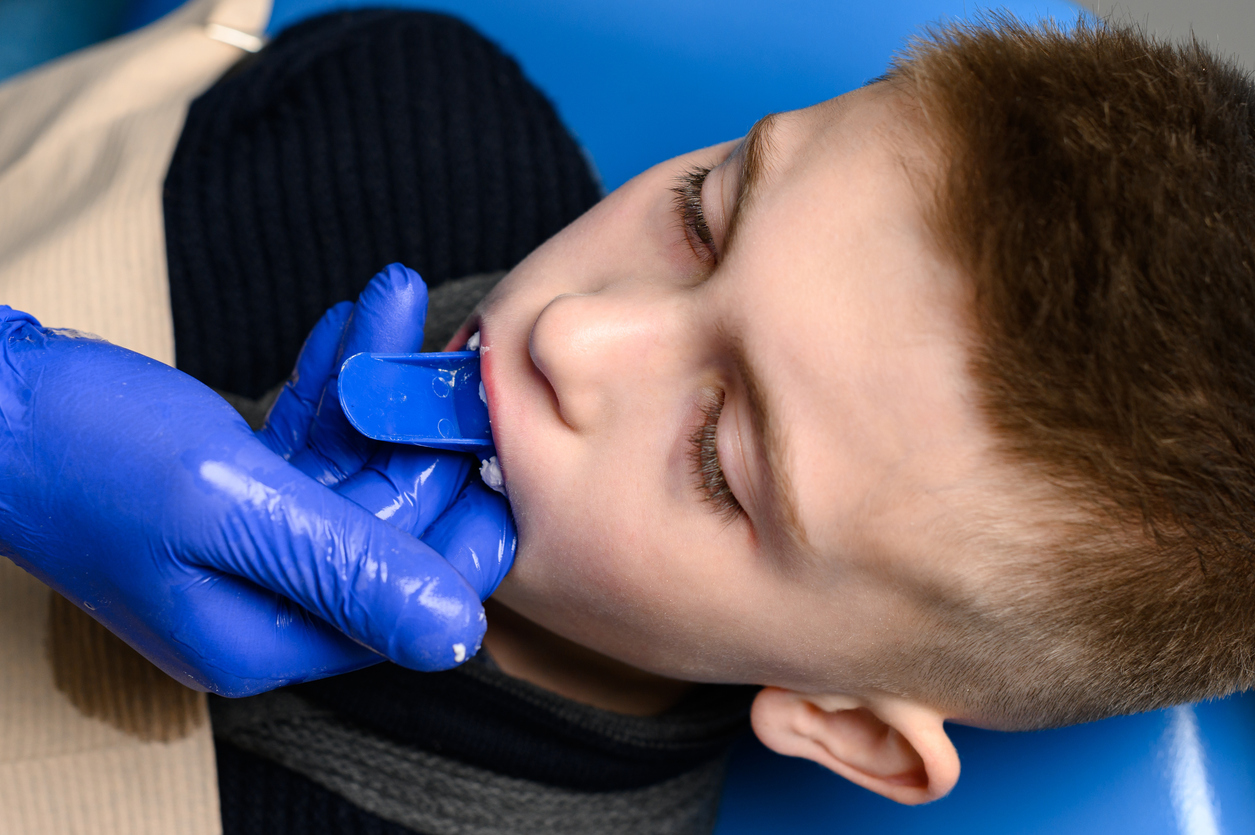Complete care on your schedule
TX Sleep dentistry provides a valuable solution for individuals who struggle with dental anxiety or require extensive dental work. By using various sedation techniques, it ensures that patients remain relaxed and comfortable throughout their treatment, promoting better oral health and overall well-being. If you have dental anxiety or require complex dental procedures, consult with a qualified sleep dentistry professional to explore the benefits and options available to you.
GET IN TOUCH
Enter your info to get in touch of the professional in your area
Benefits of Sedation Dentistry
Sedation dentistry addresses dental anxiety and phobia, offering patients a more comfortable and relaxed experience. It involves various methods, such as nitrous oxide, oral sedation, IV sedation, and general anesthesia, tailored to individual needs. The advantages include pain-free treatment, efficient dental procedures, and ease of dental fear. Sedation dentistry is especially suitable for patients who experience dental anxiety, have low pain tolerance, or undergo complex dental treatments. Finding qualified dentists who ensure safety and expertise during sedation dentistry procedures is crucial.
Common Dental Procedures Utilizing Sedation Dentistry
Sedation dentistry is increasingly being used for a variety of dental procedures. Dental implants, wisdom teeth extractions, and cosmetic dentistry treatments like smile makeovers benefit from this approach. Additionally, endodontic procedures such as root canals, periodontal treatments like gum surgeries, and orthodontic processes involving the installation of braces can all utilize sedation dentistry. By incorporating sedation into these common procedures, patients can experience reduced stress, discomfort, and anxiety, ultimately transforming their dental care experience.
FIND A TEXAS SLEEP DENTISTRY IN TEXAS
FAQs
FREQUENTLY ASKED QUESTION
What is sedation dentistry?
Sedation dentistry involves the use of medication to help patients relax during dental procedures. It can range from mild relaxation to deep sedation, depending on the patient’s needs and the complexity of the dental work.
What are the different levels of sedation in dentistry?
Sedation levels vary, including minimal sedation (relaxed and awake), moderate sedation (conscious but may not remember much), deep sedation (almost asleep but can be awakened), and general anesthesia (unconscious).
Who can benefit from sedation dentistry?
Sedation dentistry is often recommended for patients who experience dental anxiety, fear, or have difficulty sitting still for extended periods. It is also beneficial for individuals undergoing complex or lengthy dental procedures.
Is sedation dentistry safe?
When administered by a qualified and experienced dental professional, sedation dentistry is generally safe. Dentists carefully consider a patient’s health history and monitor them throughout the procedure to ensure their safety.
Who can administer sedation in dentistry?
Sedation can be administered by dentists who have completed additional training and certification in sedation techniques. This may include oral sedation, intravenous (IV) sedation, or general anesthesia.
What are the different types of sedation used in dentistry?
Common types of sedation include nitrous oxide (laughing gas), oral sedatives (pills or liquid medication), intravenous (IV) sedation, and general anesthesia. The choice depends on the patient’s needs and the complexity of the dental procedure.
How long does the effect of sedation last?
The duration of sedation varies depending on the type and dosage of the sedative used. Nitrous oxide wears off quickly, while oral sedatives may have a longer-lasting effect. Patients typically recover from the sedative effects shortly after the procedure.
What are the side effects of sedation dentistry?
Common side effects may include drowsiness, dizziness, and temporary memory loss. Serious side effects are rare but can include allergic reactions or adverse responses to the sedative medications.
Can I drive home after sedation dentistry?
In most cases, patients are advised not to drive immediately after sedation. A responsible adult should accompany the patient and drive them home, as the effects of the sedation may linger for a few hours.
Is sedation dentistry covered by insurance?
Insurance coverage for sedation dentistry varies. Some dental insurance plans may cover sedation for certain procedures, while others may not. It’s essential to check with your insurance provider beforehand.


